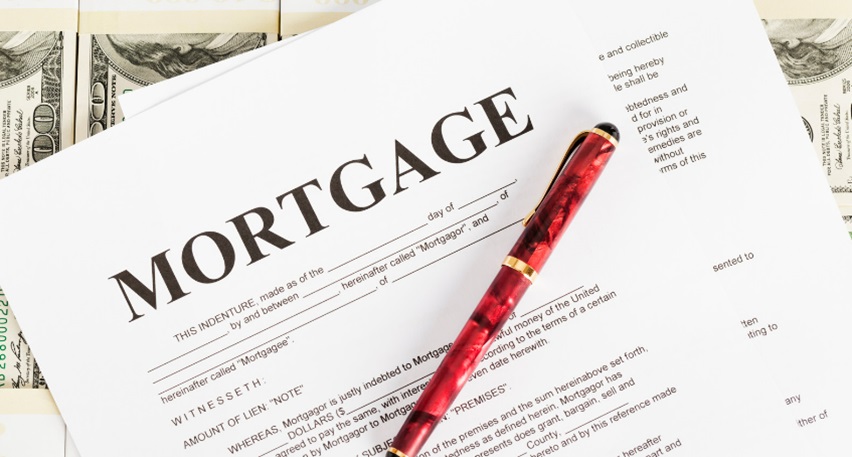
The decision to refinance your mortgage can be a major one, with the potential to either save you a significant amount of money or end up costing you more in the long run. With this in mind, it’s essential to be well-informed and cautious when navigating the process. This article will explore some common mistakes that homeowners often make when attempting to refinance their mortgage, as well as offer advice on how to sidestep these pitfalls.
Failing to Shop Around
When looking to refinance mortgage, it’s crucial to research multiple lenders and compare the rates, terms, and closing costs they are offering. Settling for the first offer you receive may result in higher interest rates or costs than you would have paid had you taken the time to explore other options. A little extra effort can go a long way in saving you money.
Overlooking the True Cost of Refinancing
While a lower interest rate or shorter loan term can result in significant savings, it’s important not to overlook the costs associated with refinancing. Closing costs, appraisal fees, and other expenses can add up quickly, potentially negating any savings you may have gained. Be sure to discuss the total cost of refinancing with your lender and carefully consider whether the potential savings are worth the expense.
Neglecting to Lock in Your Interest Rate
Interest rates can fluctuate daily, so it’s essential to lock in your rate once you’ve decided to move forward with a refinance. Failing to do so can lead to higher rates than those initially quoted, ultimately costing you more in the long run.
Ignoring the Break-Even Point
One critical factor to consider when refinancing your mortgage is the break-even point, which represents the amount of time it takes for your monthly savings to outweigh the costs associated with refinancing. Calculate the break-even point, and if it’s longer than you plan to stay in your home, refinancing might not be the best option.
Making Poor Use of Your Equity
You may be able to use refinancing to access the equity in your house to finance home upgrades or pay off high-interest debt. However, it’s essential to use these funds wisely. Taking on additional debt or using the equity to finance vacations or other non-essential expenses can set you back financially. To know more about the use of equity, check out the blog on types of refinances and the best option for you to make an informed decision about the best course of action.
In Conclusion
If you approach the process cautiously, refinancing your mortgage might be a terrific method to access equity in your house or save money. By avoiding these common mistakes and researching your options thoroughly, you can ensure a successful refinancing experience that benefits your financial future. Remember to consult with your lender and financial advisor for personalized advice specific to your situation.
